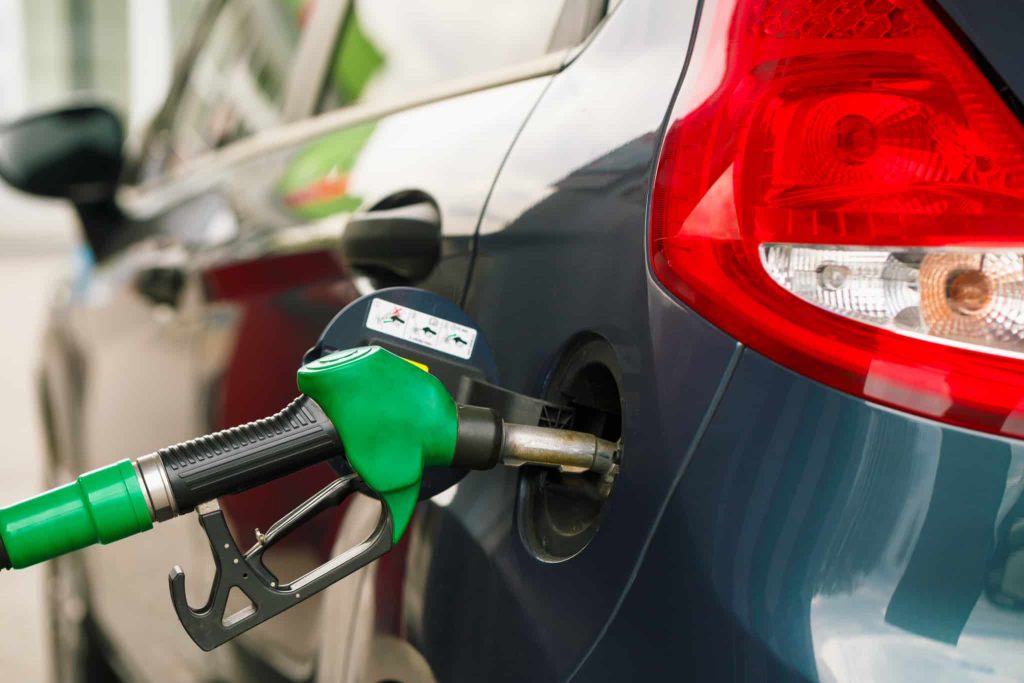O fuel price, despite all its short-term volatility, it seems to continue to rise, having even temporarily exceeded two euros from north to south of the country. This price rise, combined with other effects of inflation, lead Portuguese families to look for more ways to save in addition to those already implemented. In this sense, there are several tips that help us to save on fuel, but the debate between simple or additive fuel continues.On the one hand, there are those who say that the additive fuel brings countless benefits that pay off in the long run, despite the higher price at the pump. On the other hand, there are those who argue that these advantages end up not making up for the price difference.
What is the difference between simple and additive fuels?
At gas stations you can always find simple fuels, which are more economical, as well as additive fuels. The latter have more additives that enhance some properties, thus avoiding long-term problems and improving engine performance of cars. The difference between both fuels can be more or less subtle, since the brands do not reveal many details about the amount of additives they put in fuels to be marketed. In any case, simple fuels contain some additives and meet established standards that guarantee a minimum of quality.These standards are defined by the European Union for “petrol and diesel fuel used in cars, trucks, and other off-road vehicles” and have the objective of protecting human health and the environment.Currently, some brands strongly promote their additive fuels, claiming that they improve the engine’s performance, allow you to go longer with less fuel consumption, while protecting the engine. You Gas stations are, in any case, obliged to “market simple fuels – gasoline and diesel for road use”, according to the decree of law no. 6/2015.
What do additives do?
The additives contained in the fuel bring multiple benefits that, say its supporters, are felt both in the short and long term. Among them, the additives improve the cleanliness of the engine by preventing the accumulation of residues. At the same time, the additives protect the engine to inhibit corrosion and lead to an improvement in its performance, thus also allowing it to travel more kilometers per liter of fuel. .According to some brands, there is even a reduction in pollutant emissions related to fuel consumption. Given the presence of additional additives, these fuels are more expensive, this difference is immediately felt when paying for them.
What is the best type of fuel for your car?
Studies comparing simple and additive fuels seem to be few. There are several tests carried out by car lovers, but these lack scientific rigor and their results can be altered by several factors, such as different routes, different car conditions, among others. A study by DECO (consumer protection association) concluded that the difference between low-cost fuels and additive fuels ends up being reduced, to the point of not compensating for the potential difference.This study involved four identical cars, and was carried out over 12 thousand kilometers. The four cars underwent a “rigorous prior examination” of their components, in order to ensure that the only differentiating factor was the type of fuel to be used. and other components have been checked. For exact measurement, a special fuel tank has been installed. Before starting the test, the alignment of the wheels was checked and the cars were weighed. For a month, the cars were driven by professional drivers who did not know what type of fuel to use. Having done the study, the result was a difference of 0.13 liters consumed per 100 kilometers between the worst and the best fuel, that is, a difference of only 2%. The conclusion of the study suggests that it is not worth spending more for additive fuels, since the difference at the pump is greater than 2%. However, it is important to point out that this study was carried out 10 years ago, and since then there has been an evolution in the formulas behind additive fuels.Other factors to take into accountThere are, however, other factors that have a greater impact on consumption. For example, incorrect tire pressure increased consumption by an additional 0.33 liters per 100 kilometres, that is, by 5%. that carpooling and carsharing are options that should be considered. Speaking of saving on the car and fuel, you should also consider whether or not it is worth it to change your current car for an electric vehicle.
A professional writer by day, a tech-nerd by night, with a love for all things money.

